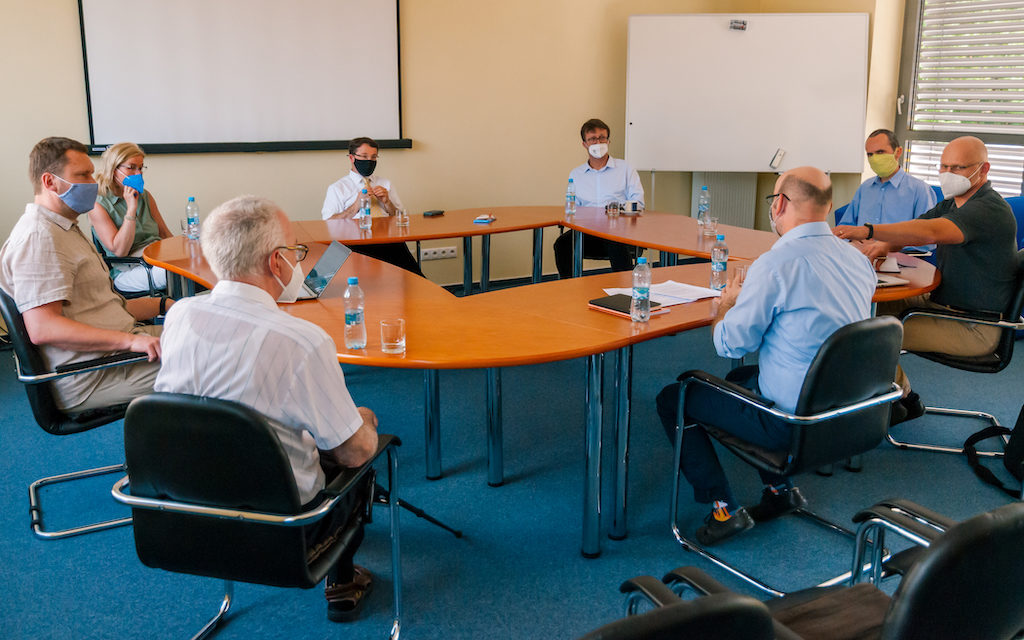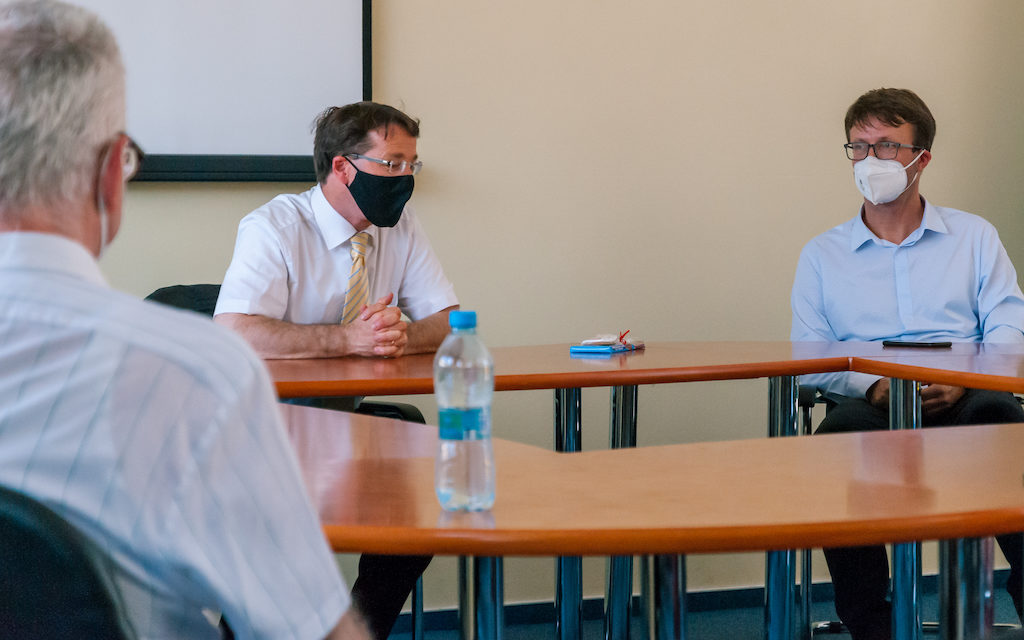
Na konci letného semestra 2020/2021 našu univerzitu navštívil riaditeľ Nanovic Insitute for European Studies z University of Notre Dame (USA) Dr. Clemens Sedmak, ktorý je zároveň profesorom sociálnej etiky na Keough School of Global Affairs University of Notre Dame. Má doktorát z filozofie a sociálnej náuky a tiež z teológie. Bola to jeho prvá návšteva v Ružomberku, počas ktorej sa stretol s predstaviteľmi univerzity a vyučujúcimi. V piatok 18. júna 2021, na záver svojho pracovného programu, sa uskutočnil workshop „The Challenges of Relativism“, počas ktorého s členmi VEGA projektu o pojmovom relativizme diskutoval o hrozbách a výzvach relativizmu.
Počas workshopu sa diskutovalo o samotnom relativizme, ale tiež o jeho vnímaní. Niektoré z rozdiskutovaných otázok počas workshopu:
1. In public discussions, relativism is usually perceived as a threat. But there are various types of relativism – cultural, moral, epistemic etc. –, moreover, these relativisms could be defined in various ways. What do you think, why is relativism perceived negatively and which type of relativism is unacceptable or dangerous? How would you characterize this unacceptable type of relativism?
2. On the other hand, tolerance seems to be desirable in certain contexts (not in all, of course). Is it possible to think about relativism or relativistic attitude as contributing to tolerance? Could relativism or some of its variants or insights be perceived also in a positive way?
3. Within our project we focus specifically on conceptual relativism according to which there is a plurality of ways how to conceptualize or categorize various domains (for instance, various ways how to “cut” reality, how to categorize actions, diseases, etc.). And what is important, according to conceptual relativism, there is no objective way how to choose between alternative types of categorizations. What do you think about conceptual relativism? Is it a meaningful position?

Dr. Sedmak v diskusii upozornil na problémy relativizmu a zamyslel sa nad tým, či niektoré z prijateľnejších stránok nie je vhodnejšie zahrnúť pod kontextualizmus či inštrumentalizmus.